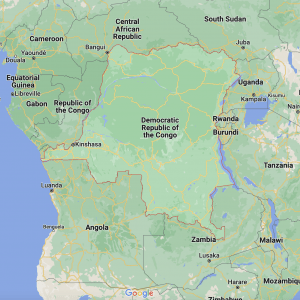Muslim women in UK politics: Breaking barriers and reshaping governance
Racially minoritised women, despite challenges, are transforming local politics in the UK
LONDON, United Kingdom (MNTV) – Zainab Asunramu, 36, never expected to venture into politics.
Raised in Thamesmead, south London, Asunramu initially focused on human rights work.
But after years as a researcher, frustrated by limited opportunities in the field, she turned to politics, applying her advocacy, campaigning, and fundraising skills.
In 2022, Asunramu made history when she became the first Black Muslim woman elected as a Labour councillor in Bexley.
As reported by UK-based news outlet Hyphen, she is now the deputy leader of the council’s Labour group and a shadow cabinet member for children’s services and education.
Her election is significant in an area with a troubled history of racism, including being home to the far-right British National Party’s headquarters in the 1990s.
According to a 2024 report by the Muslim Women’s Network (MWN), racially minoritised women make up just 3% of local councillors in the UK, despite representing roughly 18% of the female population.
However, women like Asunramu are paving the way for change in local politics.
Welsh Liberal Democrat councillor Bablin Molik’s journey also began in a roundabout way.
Initially pursuing a PhD, she became involved with the party, worked on community empowerment projects, and decided to run for office.
Despite early setbacks, including losing two elections, Molik was eventually elected as a councillor for Cardiff’s Cyncoed ward in 2017 and became the first woman of colour to serve as Lord Mayor of Cardiff in 2023.
Scottish National Party councillor Fatima Joji, who in 2022 became the first Black Muslim woman on Aberdeenshire Council, faces challenges in a traditionally male-dominated space.
Joji, like her peers, understands that being a woman of colour brings unique struggles in local politics.
Some Muslim women, including Molik, have also faced resistance from their own communities.
Molik recalls her husband being questioned about allowing her to run for office, and she continues to find support from within the community challenging.
Many women in politics also face verbal abuse, online harassment, and physical threats.
Despite the challenges, these women remain committed to making a difference. Joji finds reward in advocating for her constituents, while Asunramu is motivated by the impact she can make.
The MWN report highlights key recommendations to support women in politics, including fair selection processes, legal protections against gendered and anti-Muslim discrimination, and paid councillor roles with maternity leave to improve accessibility.
For Joji, Asunramu, and Molik, the goal is to reshape the spaces they occupy and ensure that women like them are not just present but are actively shaping the future of local politics.










